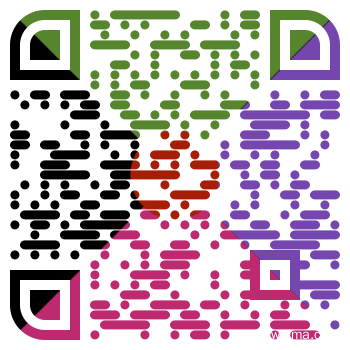
Writer:admin Time:2020-10-10 09:31 Browse:℃
The Muslim fashion industry is a vibrant and ever-growing market. If you're looking to capitalize on this trend by offering high-quality, stylish Muslim garments for women, sourcing from China can be a cost-effective and efficient solution. However, navigating the world of wholesale buying, especially from overseas manufacturers, can seem daunting. This guide will equip you with the knowledge and steps you need to confidently source Muslim dresses wholesale from China.
Understanding Your Market:
Before diving into the world of suppliers, take a step back and define your target market. Consider the following:
Demographics: Who are you trying to reach? Age group, location, cultural preferences?
Styles: What kind of Muslim dresses are popular with your target audience? Abayas, kaftans, tunics, or a combination? Consider regional variations and seasonal trends.
Price Points: What is the budget range of your ideal customer? This will influence the types of fabrics and embellishments you choose.
Finding the Right Supplier:
With a clear understanding of your target market, you can begin your search for a reliable Chinese Muslim garment supplier. Here are some key strategies:
Online Marketplaces: Utilize online platforms like Alibaba, Global Sources, and Made-in-China.com to browse supplier listings and product catalogs. These platforms often allow filtering by product category, minimum order quantity (MOQ), and price range.
Trade Shows and Expos: Attending international trade shows or industry-specific expos in China can be a valuable way to connect directly with suppliers and assess the quality of their products firsthand.
Recommendations and Reviews: Leverage industry resources, online forums, and social media groups to gather recommendations for reputable Muslim garment suppliers. Look for suppliers with positive customer reviews and a proven track record.
Evaluating Potential Suppliers:
Once you've identified a few potential suppliers, take the following steps to thoroughly evaluate them:
Company Background: Research the supplier's history, production capacity, and certifications. Look for companies with experience in manufacturing Muslim garments and a focus on quality control.
Product Range: Review the supplier's product catalog to ensure they offer styles and designs that align with your target market. Look for variety in fabrics, colors, and embellishments.
Minimum Order Quantities (MOQs): As a new buyer, negotiate for flexible MOQs to minimize initial investment risk. Many Chinese suppliers are willing to work with smaller orders, especially for first-time collaborations.
Pricing and Payment Terms: Compare pricing structures and request quotes that include material costs, production fees, and estimated shipping charges. Understand payment terms and any potential upfront deposits required.
Communication and Customer Service: Evaluate the supplier's communication style and responsiveness. Look for a supplier who is readily available to answer your questions and address your concerns promptly and professionally.
Communication and Order Placement:
Once you've chosen a supplier, clear and consistent communication is essential:
Product Specifications: Clearly communicate your desired styles, fabrics, colors, sizes, and any specific design elements.
Sample Requests: Request physical samples to assess the quality of materials, craftsmanship, and fit before placing a large order.
Quality Assurance: Discuss the supplier's quality control procedures and inquire about third-party inspection options for added peace of mind.
Order Confirmation: Once all details are finalized, obtain a written confirmation outlining the order specifications, pricing, delivery timeline, and payment terms.
Logistics and Delivery:
Shipping Options: Discuss various shipping options with your supplier, considering factors like cost, speed, and customs clearance procedures.
Import Duties and Taxes: Be aware of any potential import duties or taxes you may be responsible for upon receiving your shipment.
Tracking and Insurance: Ensure your shipment is trackable and consider purchasing cargo insurance for added protection.
Building a Long-Term Partnership:
Successful wholesale buying is about building long-term relationships with your suppliers. Here's how to foster a strong partnership:
Timely Payments: Maintain a good credit standing by making payments on time as per agreed terms.
Open Communication: Maintain regular communication with your supplier, providing feedback on product quality and discussing future order possibilities.
Market Trends: Share insights into current market trends and customer preferences to help them align their product offerings with your needs.
Additional Considerations:
Ethical Sourcing: Consider partnering with suppliers who demonstrate ethical labor practices and responsible environmental policies.
Cultural Sensitivity: Be mindful of cultural sensitivities when selecting designs and working with a Chinese supplier.
Legal Compliance: Ensure you comply with all import regulations and labeling requirements in your country.
By following these steps and conducting thorough research, you can confidently source high-
QQ: +8618998453346
Phone: +8618998453346
Tel: +8618998453346
Email: [email protected]
Addr: GuangZhou, China